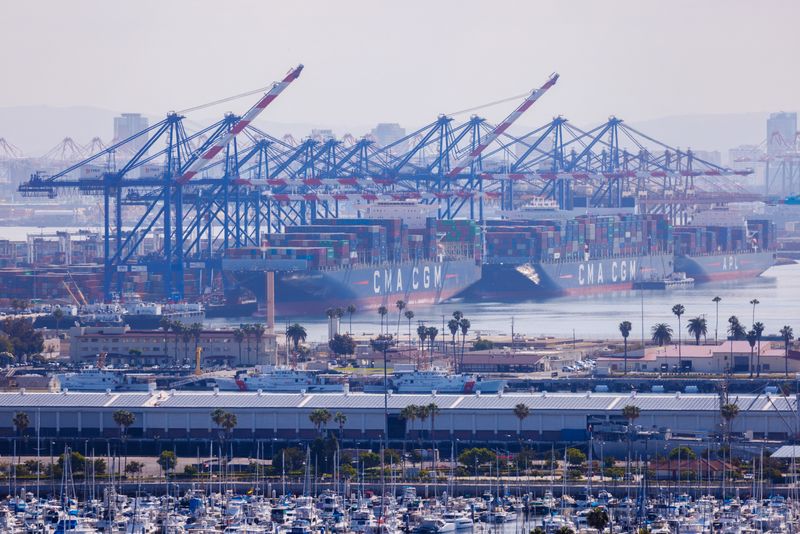Select Language

(Reuters) -Financial losses due to supply chain disruptions dropped more than 50% on average in 2022, compared with a year earlier, but shortages and delivery delays remain challenges, according to a survey of companies being released on Thursday.
Disruptions led to an average $82 million in annual losses per company last year in key industries like aerospace, compared with $182 million in 2021, and $184 million in 2020, supply- chain risk management company Interos told Reuters ahead of publication.
The 2023 report data refers to disruptions from a year earlier as the survey was conducted in spring 2023 but asked about the preceding 12 months.
In this latest report, Interos surveyed 750 companies with annual revenues between $500 million and $50 billion from energy, financial services, oil and gas, healthcare, government and aerospace.
"The key takeaway is that people recognize it's better than it was, but it will not go back to the way that it was in 2019," said Interos industry analyst Tim White.
Labor and raw material constraints, as well as unforeseen disruptions remain supply chain headwinds, White said.
Executives were surveyed in the U.S., Canada and the UK and Ireland.
Globally, companies on Wednesday cited supply chains as an ongoing challenge, with Danish-listed turbine maker Vestas saying it expects disruption to continue for the rest of 2023.
Aptiv (NYSE:APTV) PLC said despite improvements in the supply chain, higher semiconductor pricing remains a challenge.

